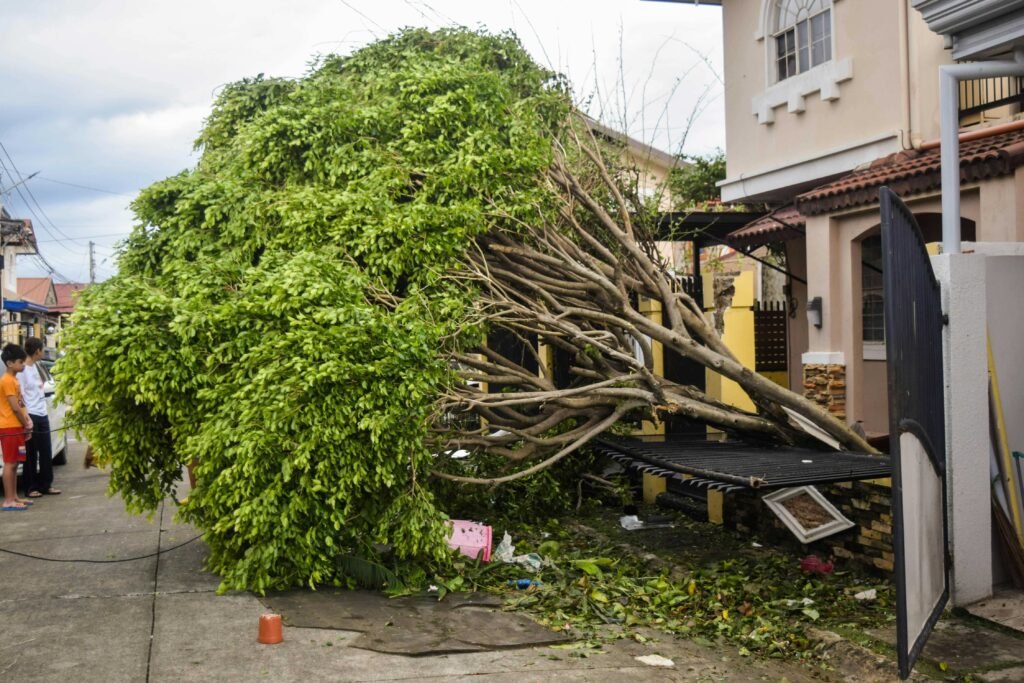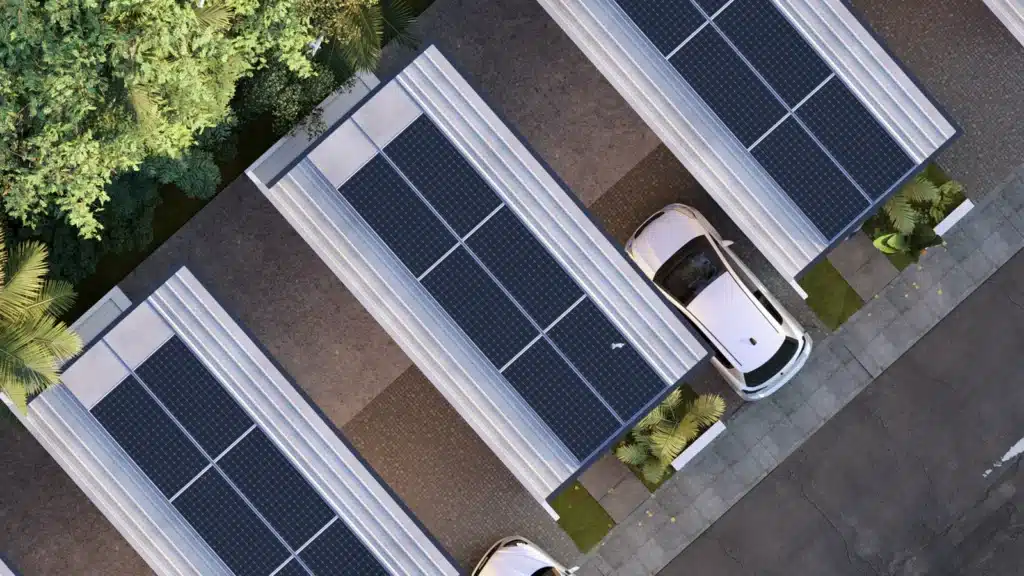This article delves into the challenges facing the world’s freshwater reserves, particularly the shrinking water levels in the largest lakes. It discusses the role of climate change and human activities in causing this decline and explores strategies for water conservation and sustainable resource management.
Water, the elixir of life, covers 71% of our planet’s surface. Yet, despite its abundance, freshwater resources are alarmingly scarce. With climate change and human activities wreaking havoc on our planet’s delicate balance, the world’s largest lakes are experiencing dwindling water levels.
In this article, we’ll explore the causes, consequences, and potential solutions to this pressing issue. So grab a glass of water and dive into the world of freshwater sustainability.
The Mysterious Case of the Shrinking Freshwater Reserves
The world’s largest lakes are experiencing a decline in water levels due to climate change and human activities. Rising temperatures increase evaporation rates, while changing precipitation patterns cause droughts or excessive rainfall, impacting lake water levels. Glaciers and ice caps, crucial freshwater reservoirs, are melting rapidly due to global warming, affecting water flow into lakes.
Human activities, such as unsustainable water management practices like excessive groundwater extraction and dam construction, alter water flow and reduce the water reaching lakes. Deforestation and land-use changes disrupt the water cycle, causing soil erosion and impacting water quality and quantity in lakes. Pollution from industrial and agricultural activities contaminates water sources, making them unsuitable for human consumption or ecosystem support.
It’s Getting Hot in Here: Climate Change and Human Activities
Climate change, primarily driven by human activities such as burning fossil fuels and deforestation, significantly impacts lake water levels. Research and evidence from various sources, including NASA and the IPCC, confirm the link between human actions and our planet’s changing climate.
This connection demonstrates the urgency for immediate and collective action to mitigate the consequences of climate change on our freshwater resources.
H2O Heroes: Strategies for Water Conservation and Sustainable Resource Management
We must adopt water conservation and sustainable resource management strategies to preserve our freshwater resources. These include efficient irrigation techniques, rainwater harvesting, reducing water waste, and protecting natural water sources.
By implementing climate change solutions, such as transitioning to renewable energy and promoting reforestation, we can mitigate the impacts on freshwater resources and ensure future generations have access to clean water.
The Freshwater Balancing Act: Development vs. Preservation
Striking a balance between development and preservation in freshwater ecosystems is critical for a sustainable future.
Policymakers, industries, and communities must address the challenges of economic growth, such as urbanization and industrialization while ensuring the protection and restoration of our planet’s water resources. Adopting sustainable development practices and integrating environmental considerations into decision-making can help achieve this balance.
United We Stand: International Cooperation for Freshwater Protection
International cooperation is crucial in protecting and restoring the world’s freshwater resources. Successful collaborations, such as the United Nations’ Sustainable Development Goals and transboundary water agreements, demonstrate the potential for global efforts to combat water scarcity.
Strengthening partnerships, sharing knowledge, and investing in water infrastructure can further enhance international cooperation in the fight against water scarcity.
A Splash of Insight
The challenges facing our planet’s freshwater resources require immediate and collective action. We encourage readers to take action in their own lives by adopting water conservation practices, supporting sustainable policies, and raising awareness about the importance of preserving and protecting our freshwater resources for a better, more sustainable future.
Co-create with BillionBricks! As we develop our next house model, we are open to your ideas and feedback which we believe are essential to building a net-zero home that meets your needs and exceeds your expectations.By booking a call with us, we’ll also share our own ideas and insights, and explore ways in which we can collaborate.
Book a call with us now at https://calendly.com/d/y5t-wh7-hdd/call-with-billionbricks .
References:
-
NASA. Global Climate Change. Retrieved from https://climate.nasa.gov/.
-
United Nations. Water Scarcity. Retrieved from https://www.unwater.org/water-facts/water-scarcity.
-
World Wildlife Fund. Water Scarcity: Threats. Retrieved from https://www.worldwildlife.org/threats/water-scarcity.





